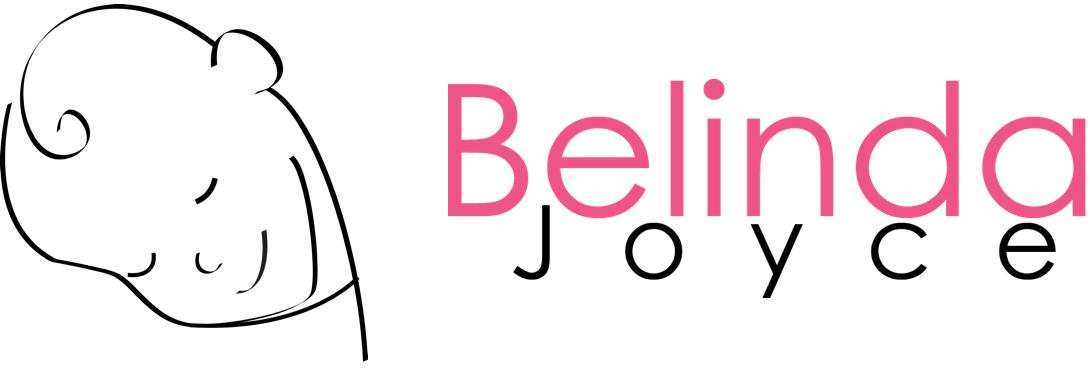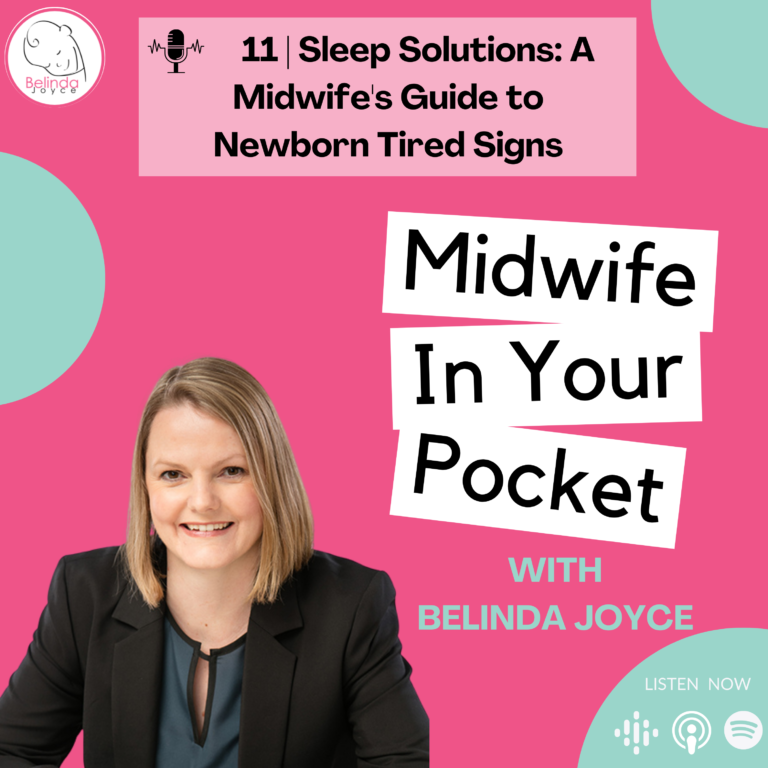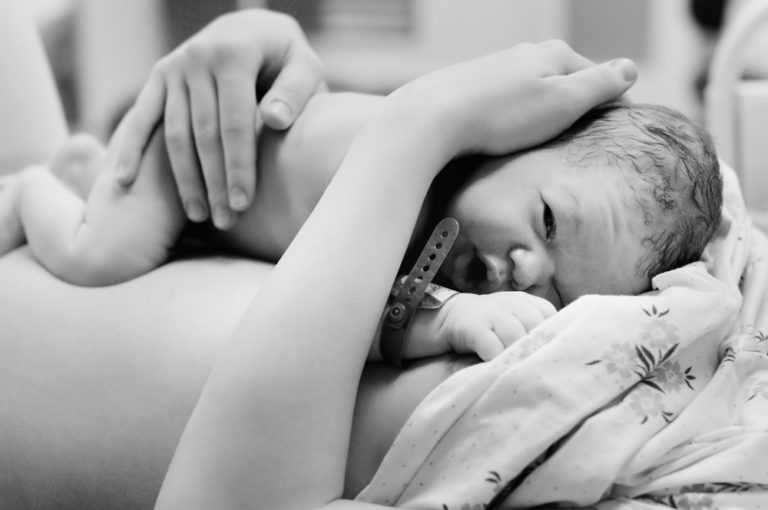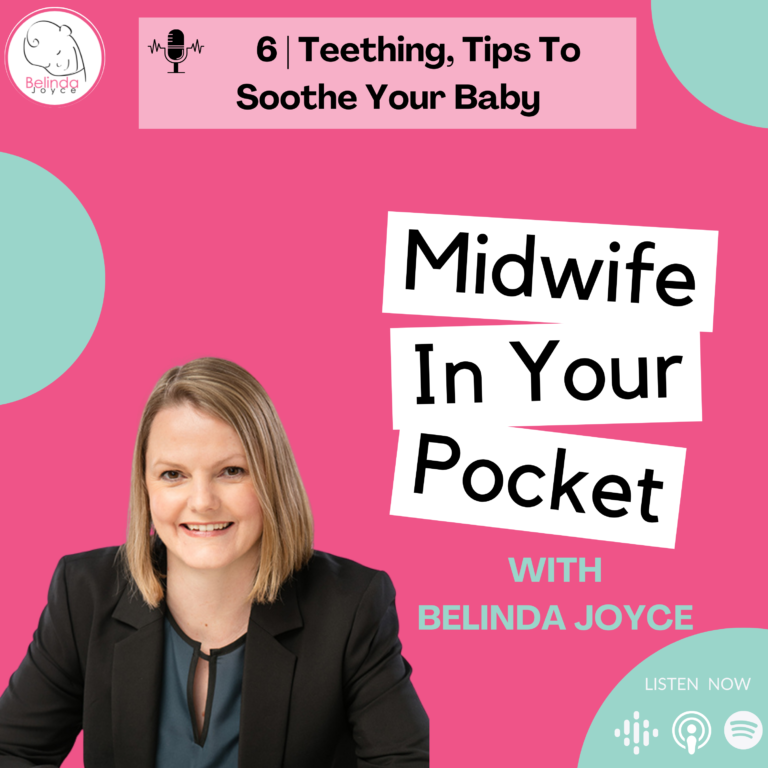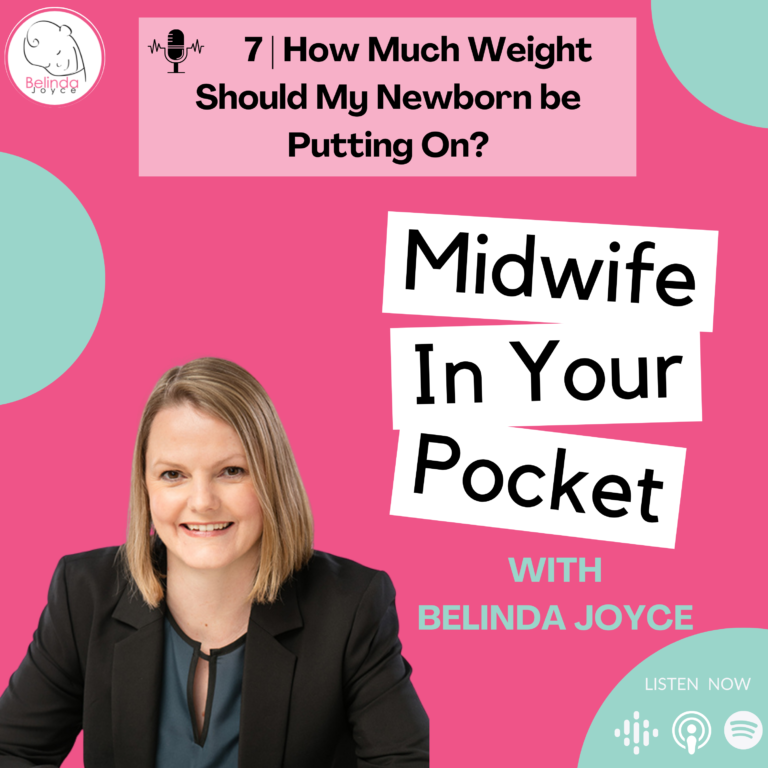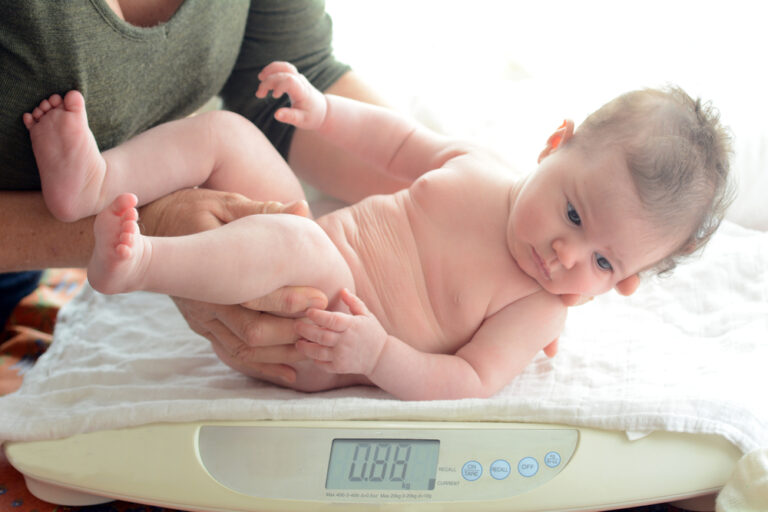Your amazing newborn baby
Most parents are surprised at what their amazing newborn baby can already do, see and hear. All babies develop at their own pace however there are certain milestones that most will achieve around the same age.
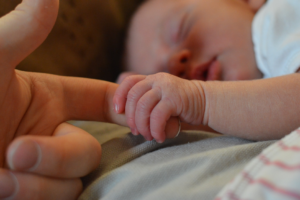
Sight:
At birth, your baby can see you well if cradled in your arms (20-40cm away) anything further away will be blurred. His favourite thing to look at is his parents’ or carers’ faces, even better if they are smiling and speaking to him in a kind voice, this is his first toy! He will also have a preference for looking at contrasting colours, black and white is most interesting for him. So toys, pictures, books with contrasting colours are well liked.
Hearing:
He has already heard your voices often throughout the later months of pregnancy and he will recognise these as comforting. Babies have a preference for high pitched voices and most adults automatically begin to speak this way with their baby. He won’t like loud sudden sounds. Newborns will often turn their head toward a sound, a parent’s voice, bell ringing, it is a delayed response but they will search for the source of the noise.
DISCOVER HOW TO SURVIVE & ENJOY YOUR BABY!
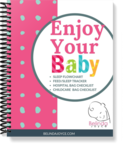 The pack is full of checklists and printables to help you improve sleep challenges with our flowchart, decide what to take to hospital, what equipment is essential, what to put in your nappy bag and so much more
The pack is full of checklists and printables to help you improve sleep challenges with our flowchart, decide what to take to hospital, what equipment is essential, what to put in your nappy bag and so much more
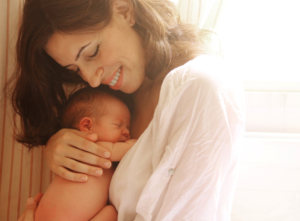
Touch:
Babies love skin to skin contact, this often comes from breastfeeding but bottle feeding parents can do this too, even a simple carry pouch that allows your baby to be against a parent can work well.
In the special care nursery we always encourage parents to put their premature baby skin to skin with them, research shows they grow and develop faster with this ‘kangaroo care’. All babies can benefit from this and it helps to create a strong emotional bond. Showering together is another chance for close skin to skin contact that many parents and babies enjoy.
Touch and physical contact is enjoyed and gentle baby massage is a wonderful activity to share with your baby especially for dads who may have limited opportunity to enjoy physical contact with their baby. You can take a class to learn the techniques or even just try it yourself, if the baby enjoys it then it is fine.
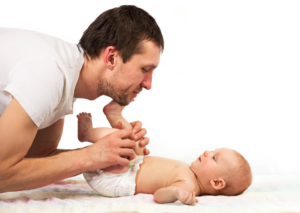
Reflexes:
Your baby will be born with many primitive reflexes which help to protect him including:
Searching/rooting reflex: If the baby’s cheek is touched he will open his mouth and start to look around for the nipple to feed even if he is not hungry.
Sucking reflex: when the roof of his mouth is touched he will begin to suck.
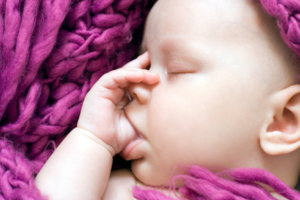
Palmer grasp reflex: If you put your finger into his palm he will grasp a hold quite tightly.
The startle or moro reflex: is when they have a fright such as hearing a loud sound or feeling like they are falling their arms will fly outwards, hands open, arch their back then arms come back in like an embrace. This reflex usually lasts from 4-6 months of age.
Stepping reflex: If you stand your baby up fully supported and place his feet on the floor or surface he will begin to step with one leg then the other, even though he cannot hold up his own weight though.
Babinski/plantar reflex: If you stroke your baby’s foot from heel to toe, his toes will push upwards and his foot will turn inwards.
These primitive reflexes will gradually reduce and be replaced by more voluntary responses over the coming months. Your midwife or doctor will check these reflexes soon after birth and your child health nurse will continue to check these as your baby develops.
If you have any concerns about your baby, it is important to discuss this with your child health nurse, GP or paediatrician. We know parent’s concerns are important as you are your own baby’s expert.
Enjoy your amazing newborn baby.
